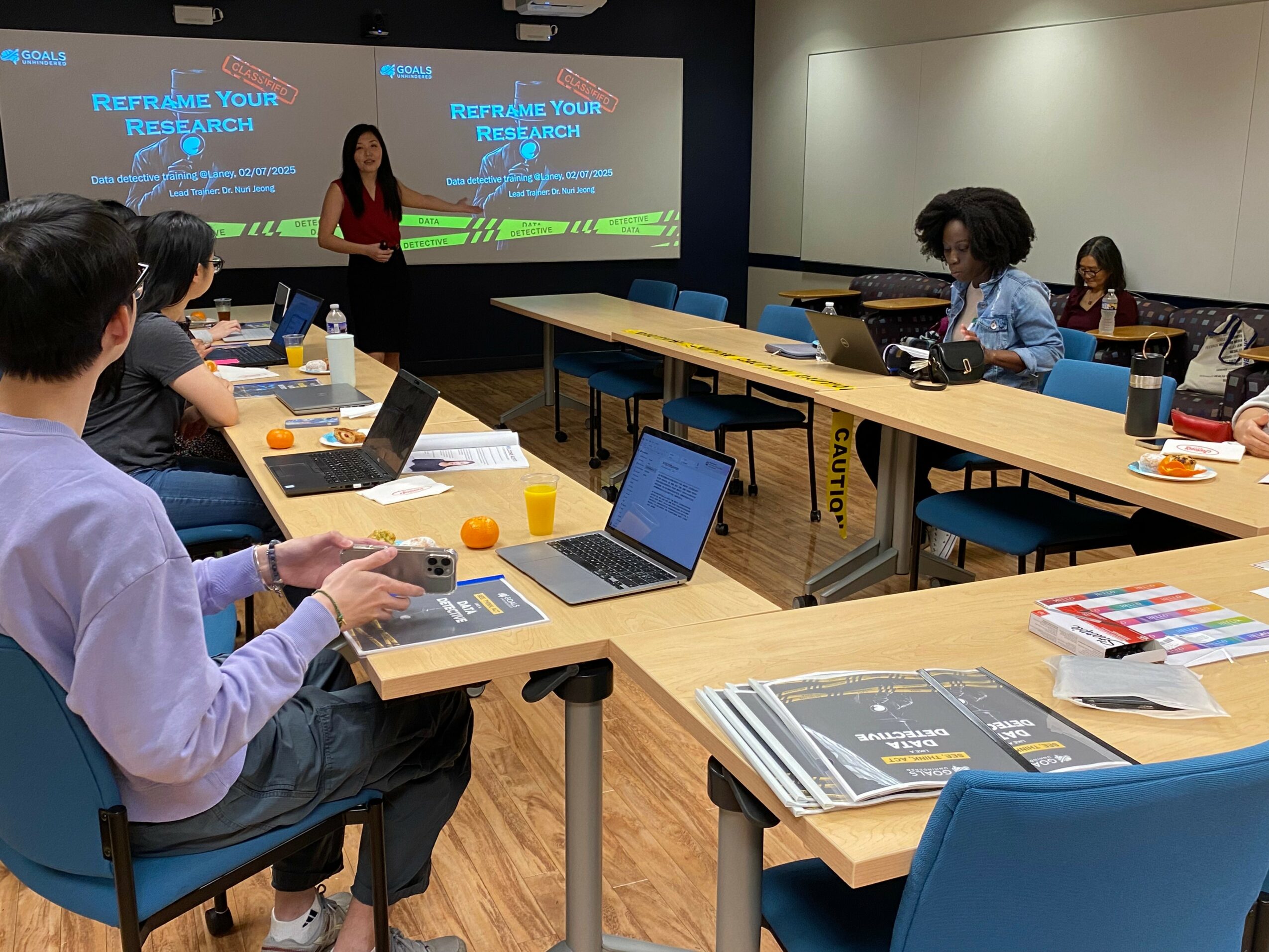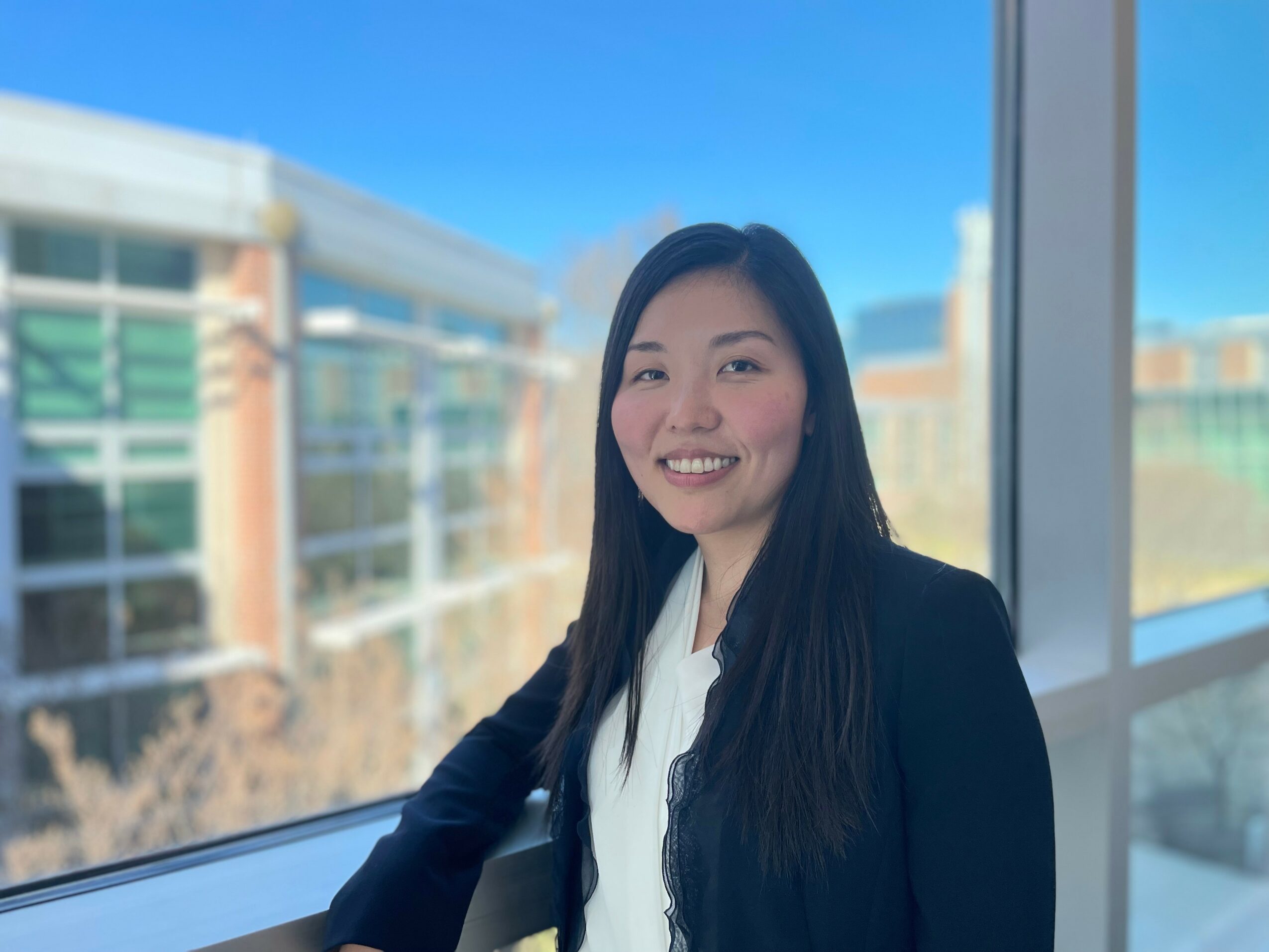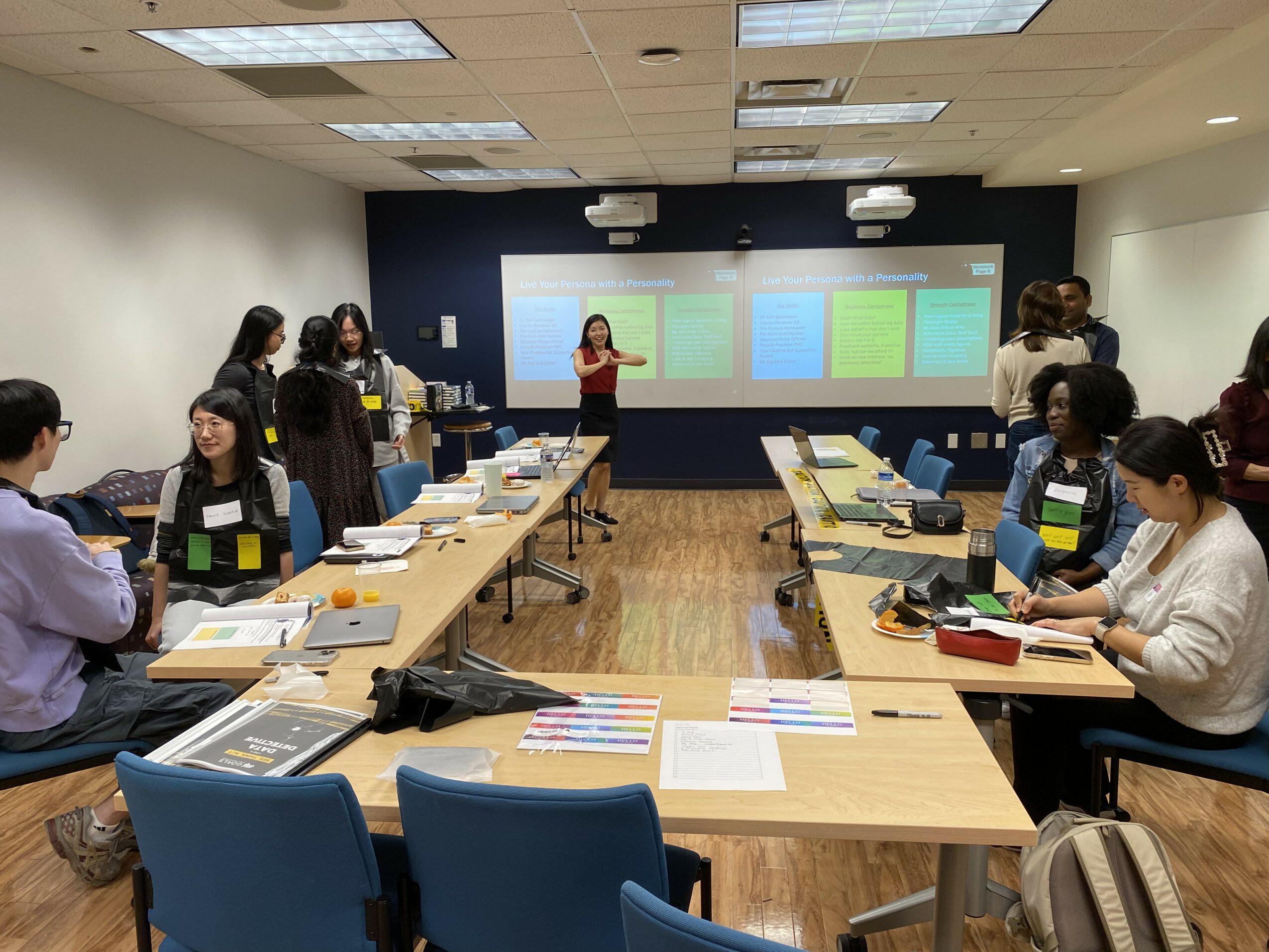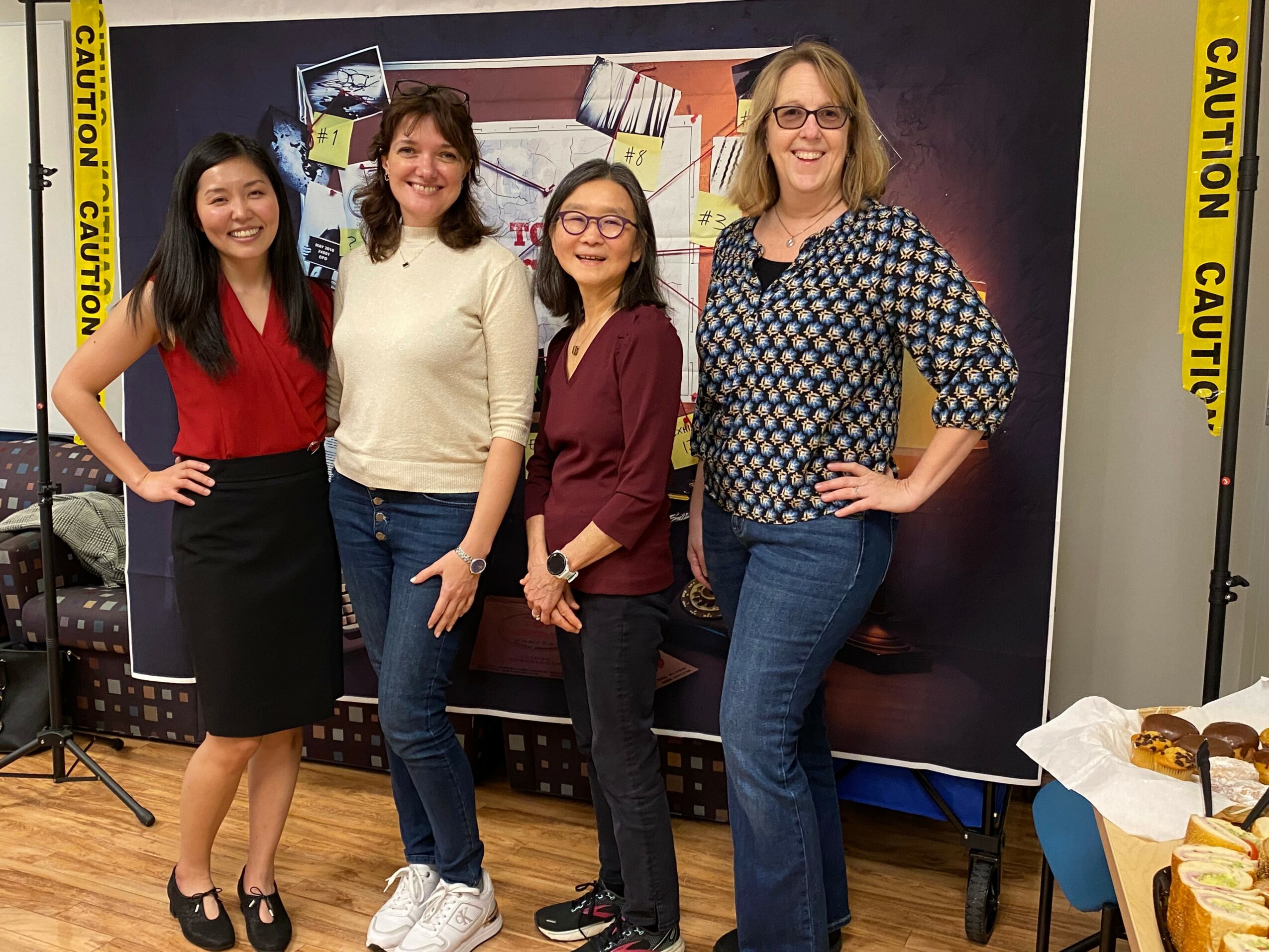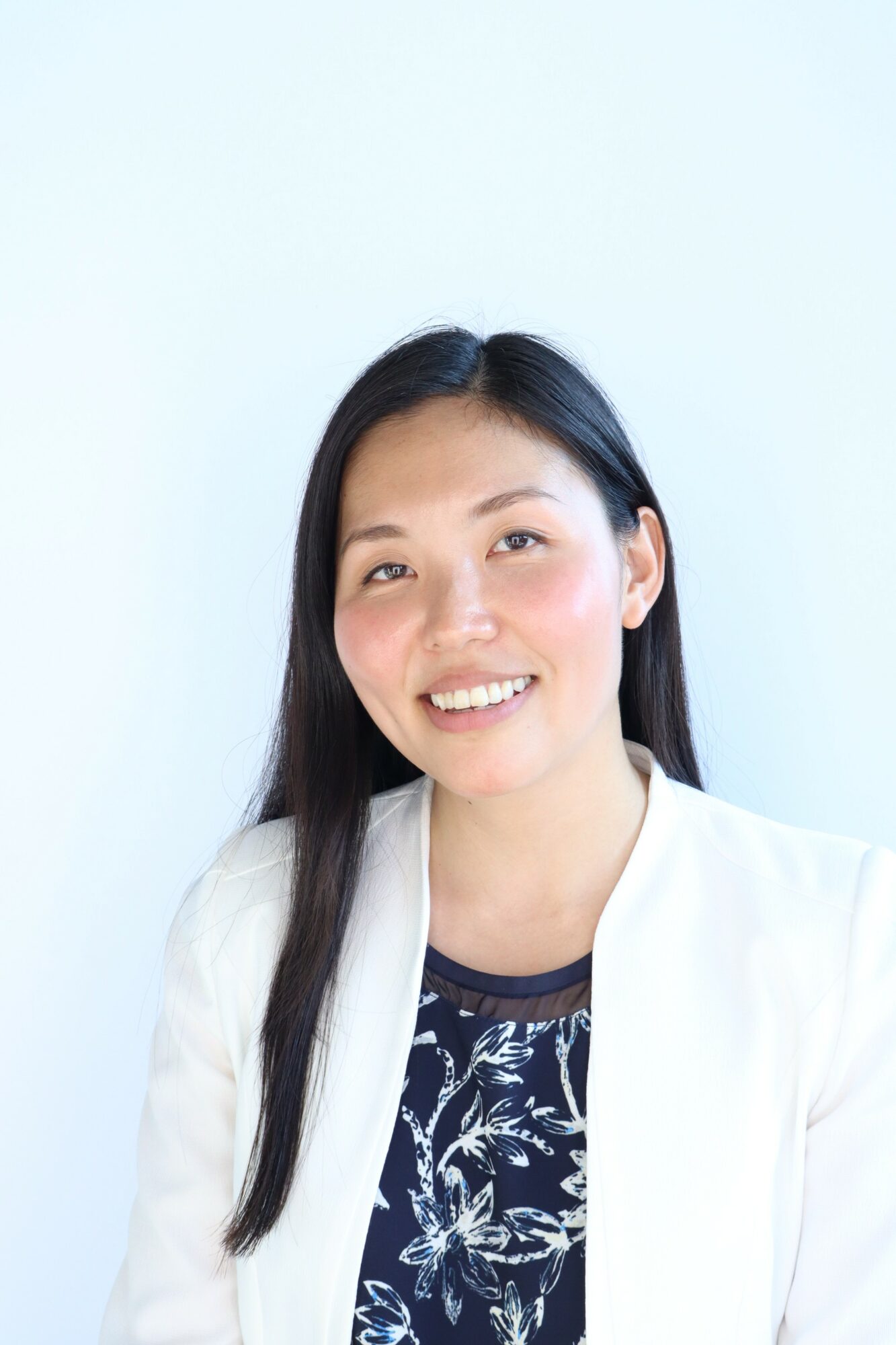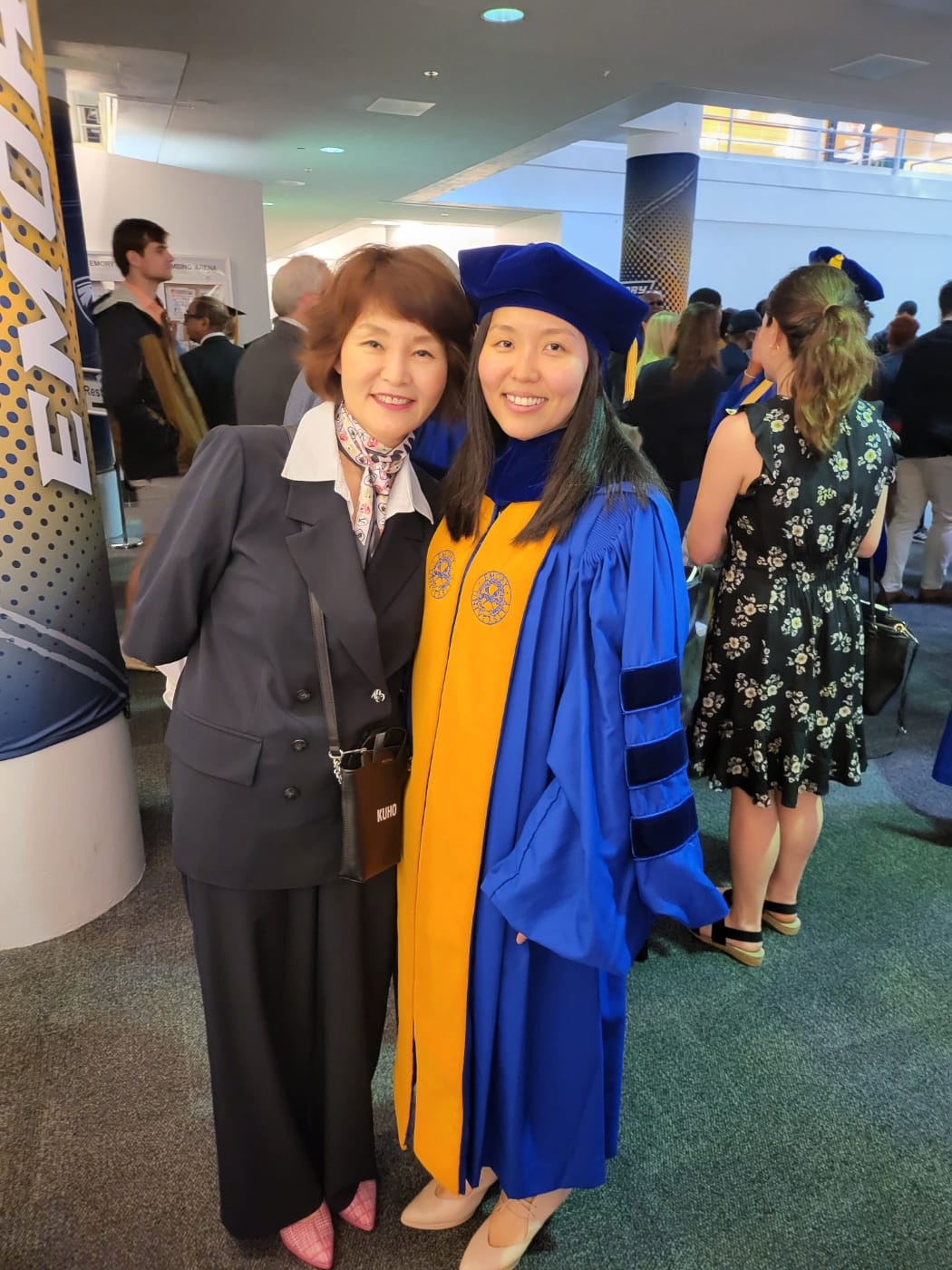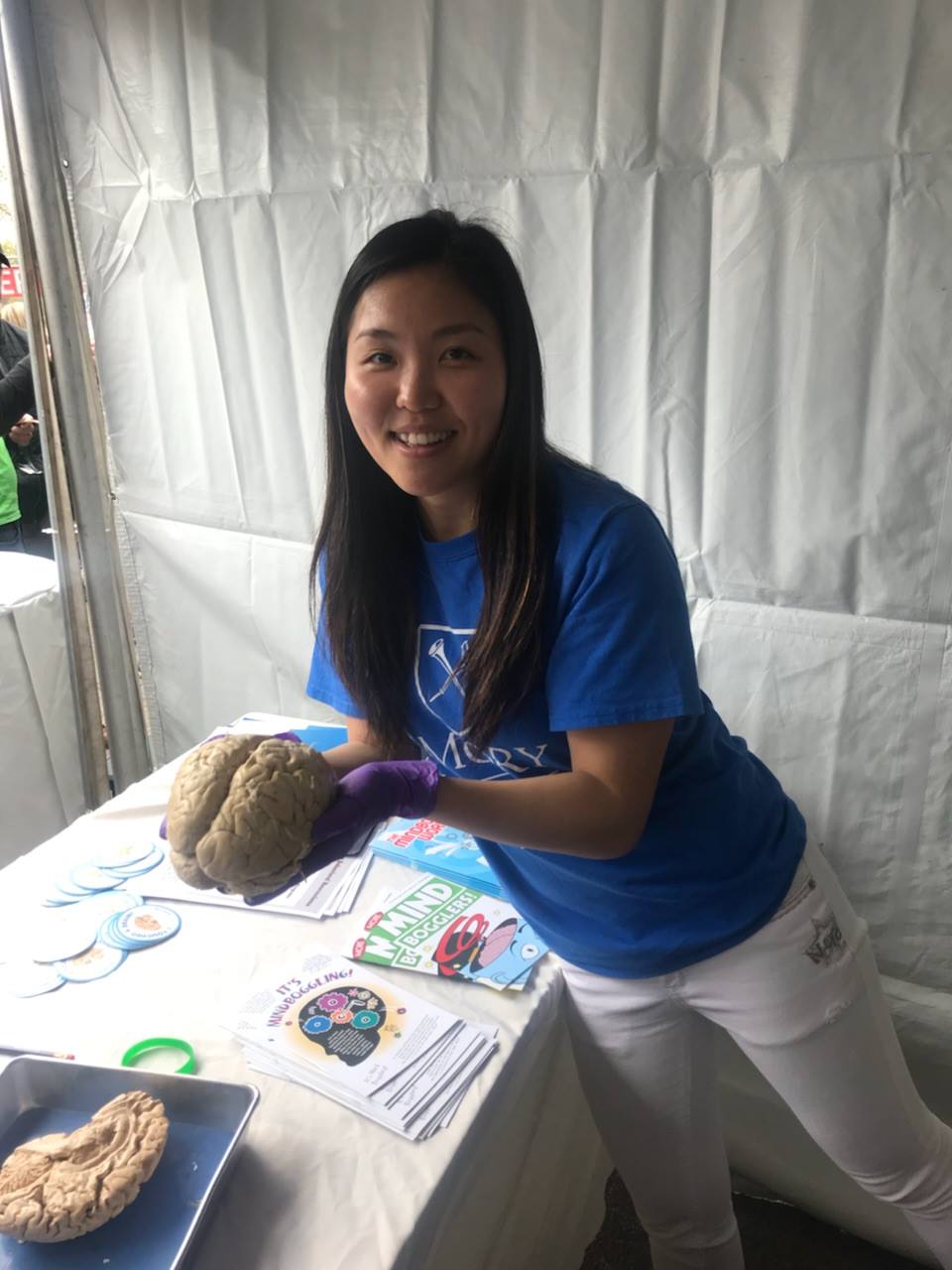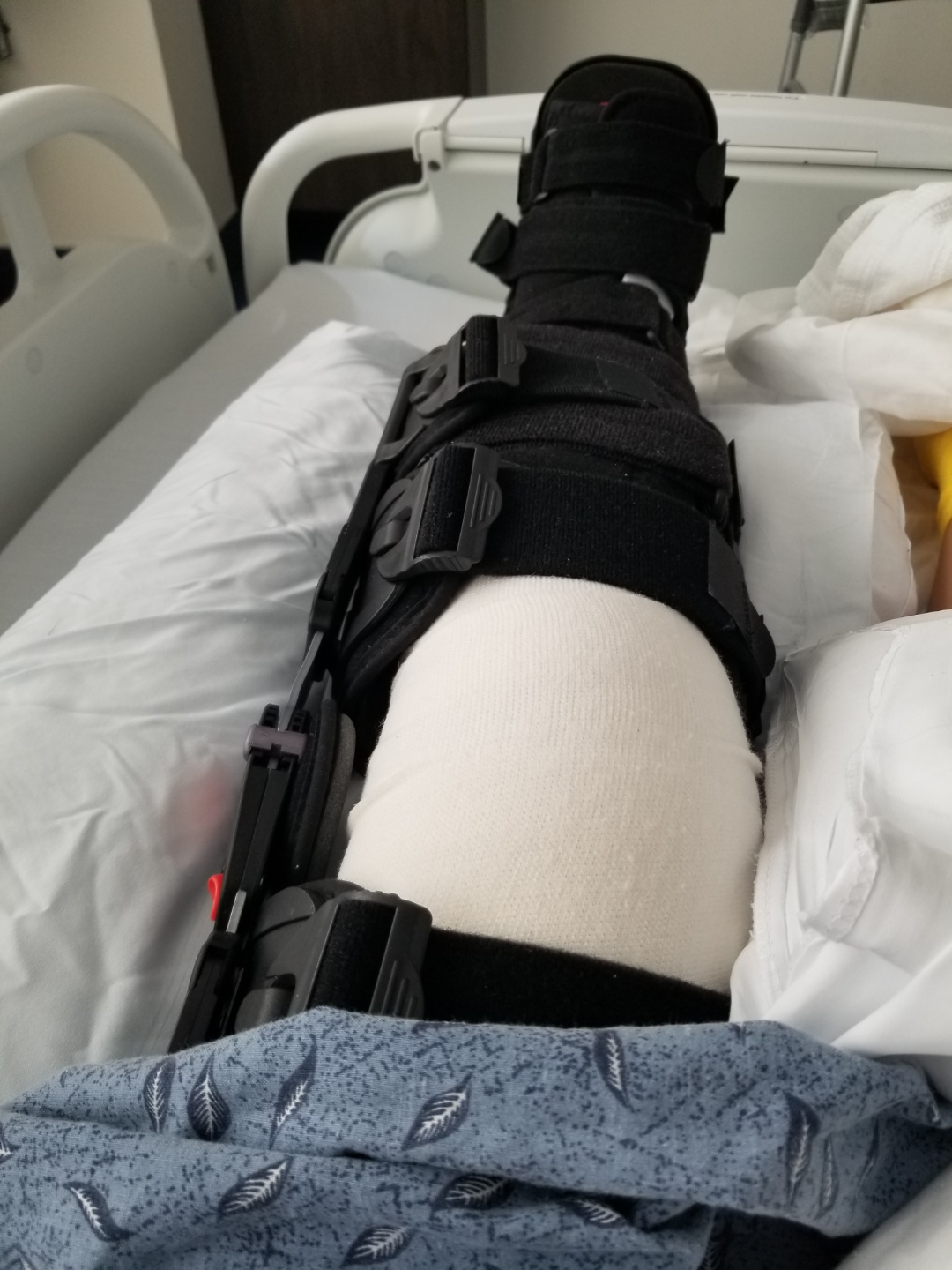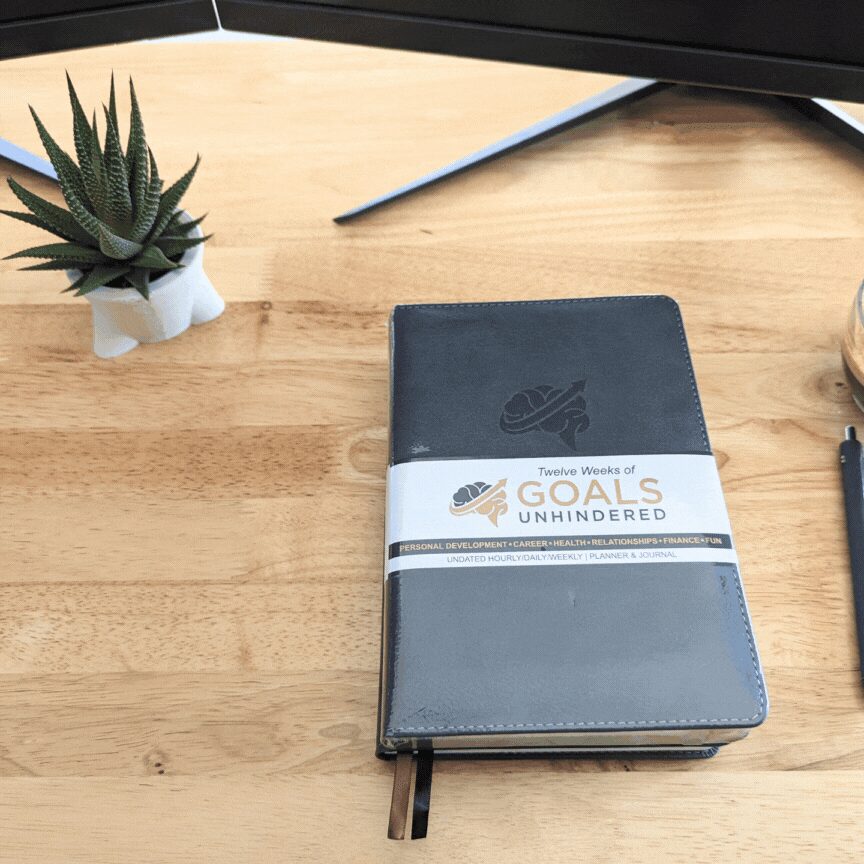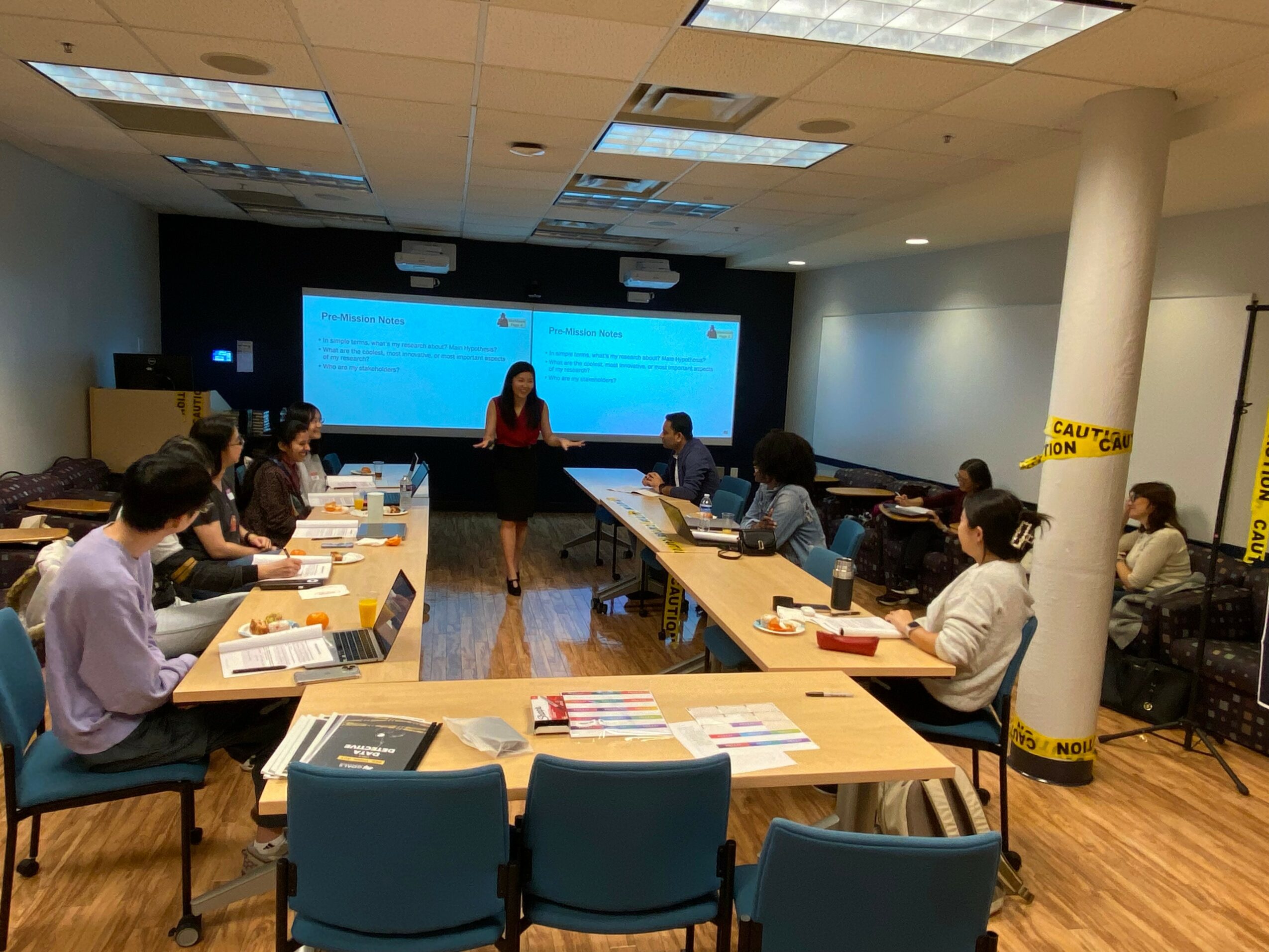

Today we’d like to introduce you to Nuri Jeong
Hi Nuri, so excited to have you with us today. What can you tell us about your story?
My journey began when I moved to the United States alone at 15 from a small city in South Korea called Suncheon. What was meant to be a one-year exchange program turned into a second home. It shaped my identity and ambitions in ways I never imagined. I was the first in my family for many things like taking an international flight, earning a doctorate, and becoming an entrepreneur. Along the way, I met people from all walks of life, and my understanding of my role in the world evolved.
The one constant in my ever-changing life has been my passion for learning. Adapting to a new language and culture at a young age showed me how education (both formal and informal) expands perspectives. And broader perspectives lead to better questions. I became fascinated by what motivates people to learn and make decisions.
My first neuroscience research job at the Research Foundation for Mental Hygiene and the New York State Psychiatric Institute was eye-opening. I studied motivation at the neurochemical level, watching in real-time how dopamine surged when mice received rewards. That moment, seeing brain activity translate into behavior, solidified my path.
Seeking deeper answers, I pursued a PhD at Emory University, where I studied how the brain distinguishes between what is familiar and what is new. My research was deeply personal, inspired by my grandmother’s battle with advanced dementia. Even though she didn’t recognize her own son, she immediately recognized me after six years apart. This moment sparked a critical question: Was her brain mistakenly identifying a familiar face as novel? After six years of rigorous research, I uncovered a previously unknown mechanism by which the brain encodes meaningful new memories. This work was recently accepted for publication in Nature, one of the most prestigious scientific journals in the world.
Then, life threw me an unexpected challenge. Just before completing my PhD, I was struck by an SUV while walking to school. As I lay trapped under 6,000 pounds of metal, I focused on staying calm and breathing. When I saw the teenage driver and his younger brother in tears, I found myself empathizing with their trauma, rather than reacting with anger. That moment and the long recovery that followed reshaped my perspective. What most would call a setback became my setup for something greater. As I rehabilitated, I re-evaluated my goals and created a 12-week goal planner, which later evolved into my company, Goals Unhindered.
Ironically, my dissertation research was about a minority inhibitory system in the brain that that helps form new memories by quieting noise, the same way I had to quiet the noise of self-doubt and uncertainty to build something new. Today, I use that same neuroscience-driven perspective to help leaders and businesses break through mental barriers, see challenges as opportunities, and rethink the way they approach learning, data, and decision-making.
Would you say it’s been a smooth road, and if not what are some of the biggest challenges you’ve faced along the way?
My journey has been anything but smooth—being the first means embracing trial and error. But I think the thrill of carving my own path is what attracted me to research and entrepreneurship in the first place.
When I first arrived in the United States, I had to navigate a new language and culture, relying on context clues just to get through conversations at times. In college, I almost had to return home without a degree due to financial difficulties, and it forced me to find creative ways to fund my education. Later, I had to navigate complex legal systems as an immigrant and a personal injury survivor. Now, as a founder, I face the uncertainty of running a business: making ends meet while staying true to my values, ensuring that success doesn’t come at the cost of integrity.
But with each challenge came an opportunity to reinvent myself—to tap into my resourcefulness, creativity, and resilience. Every setback pushed me to grow, and through it all, I’ve found an immense gratitude for the people closest to me. I am the woman I am today because of my experiences and the support of my circle.
As you know, we’re big fans of Goals Unhindered, LLC. For our readers who might not be as familiar what can you tell them about the brand?
At Goals Unhindered, we specialize in custom training and coaching that helps leaders and teams see, think, and act differently about data. Most businesses capture value from only 20% of the data they have. Not because they lack technology, but because cognitive biases limit how they interpret and communicate insights.
I’ve seen firsthand, both as a neuroscientist and entrepreneur, how we seek patterns that confirm what we already believe, ignoring data that challenges our assumptions. This is why even groundbreaking companies like Kodak missed major industry shifts. Our approach breaks that cycle.
We work with companies—whether established financial firms or tech startups—to help them extract deeper value from their data. Using neuroscience-backed, experiential learning, we create interactive skill-building exercises that shift how teams ask questions, interpret metrics, and communicate insights. Instead of relying on ever-changing tools and technologies, we teach foundational critical thinking skills that lead to long-term innovation and success.
As a Nature-published neuroscientist and an award-winning expert on goal-directed learning and memory, I bring a unique perspective to leadership development. Our See-Think-Act model provides a structured, science-driven approach to turning data into action. Companies invest in us once but benefit for a lifetime.
What do you like and dislike about the city?
I love Atlanta’s diversity. Not just in its people, but in its landscapes, food, and culture. We have the best of both worlds: the energy of a bustling, walkable city combined with the calm of tree-lined neighborhoods where you can wake up to birdsong. Atlanta is a place where you can experience authentic cuisine from all over the world, immerse yourself in arts and innovation, and still find pockets of nature to escape to when you need a breather.
What I like least is the growing homeless population around high-traffic intersections. It’s heartbreaking to see, and I’ve witnessed far too many close calls while driving. Addressing this issue with both compassion and action is something our city needs to prioritize.
Contact Info:
- Website: https://goalsunhindered.com/
- LinkedIn: https://www.linkedin.com/in/nurijeong/
